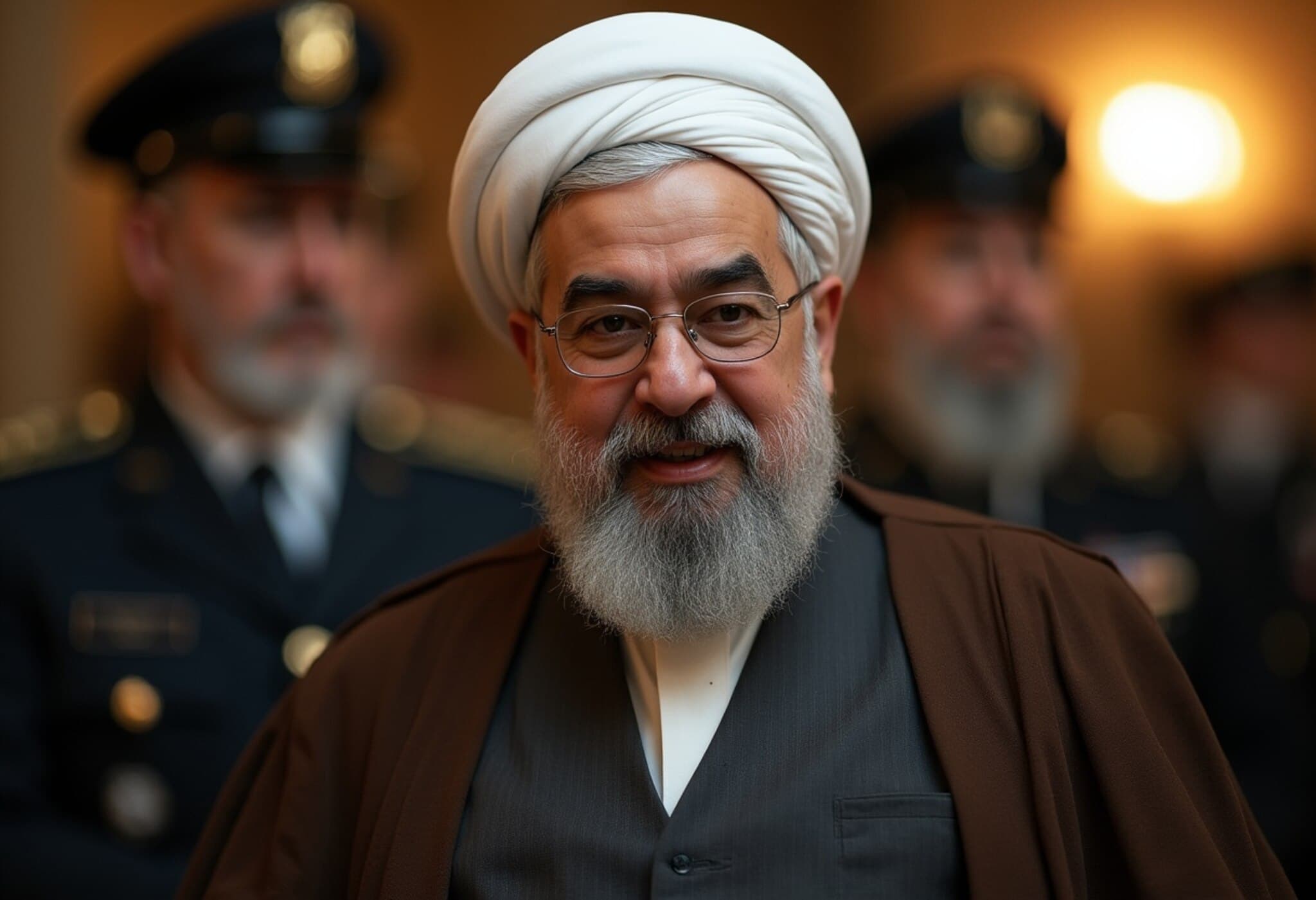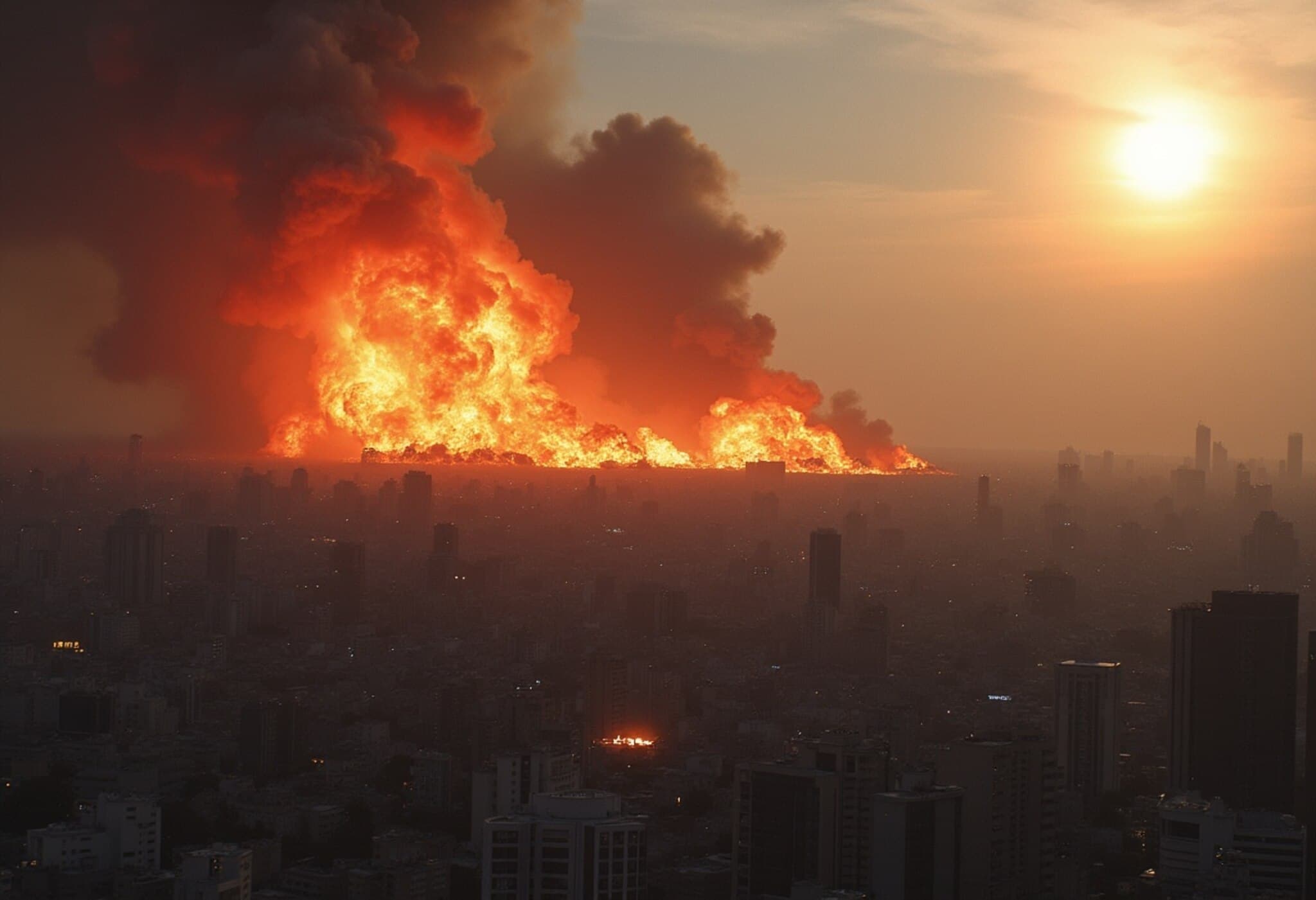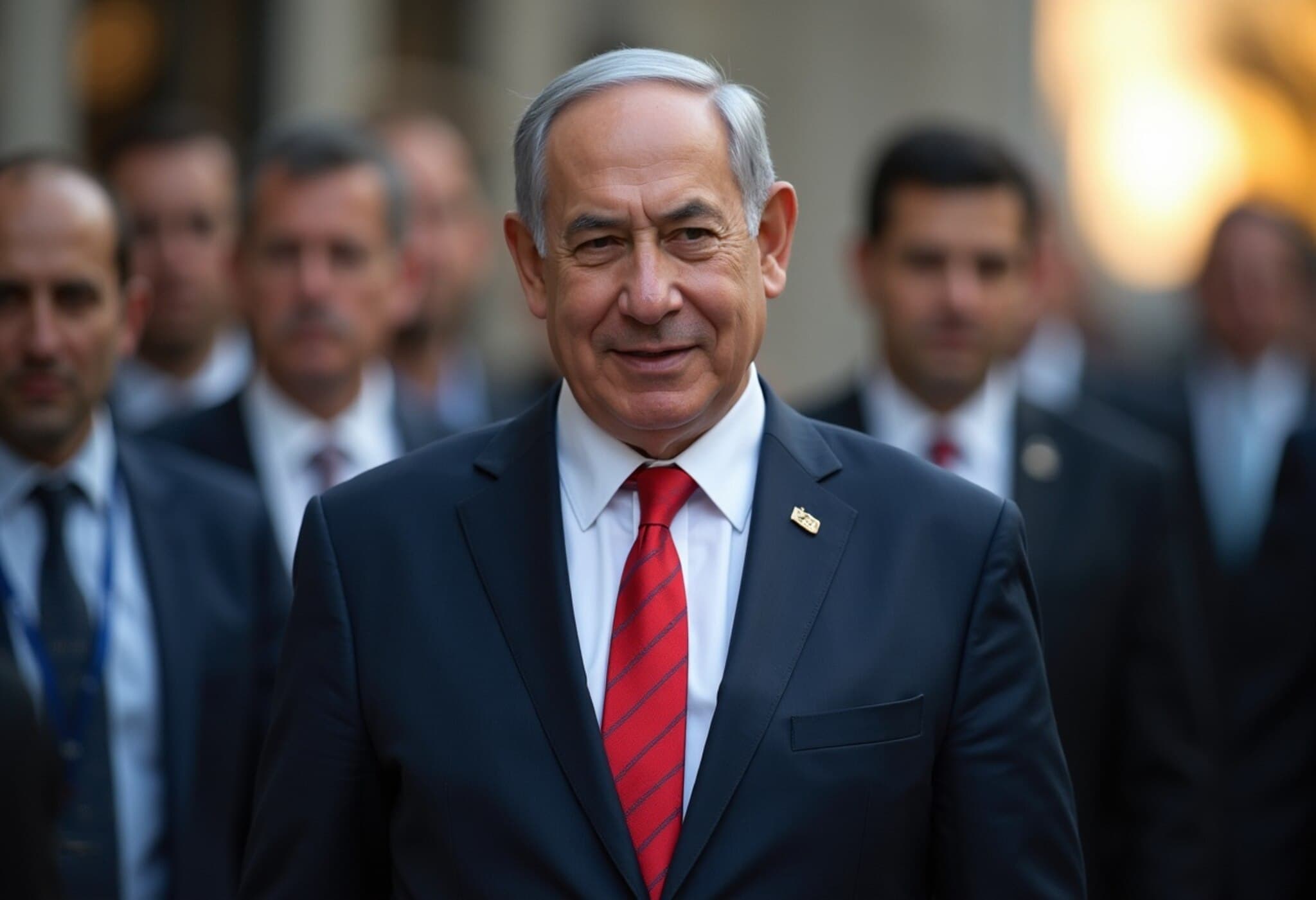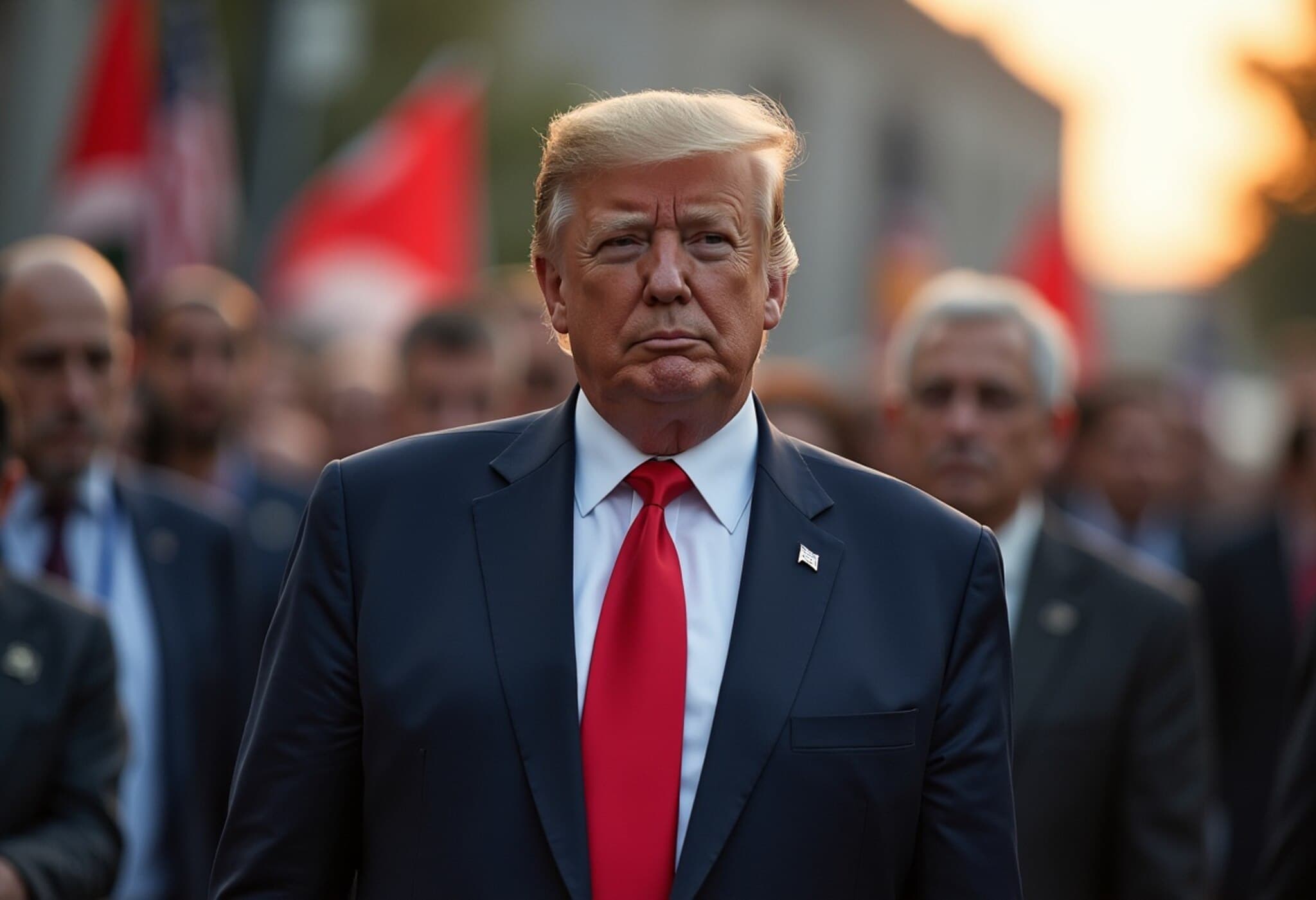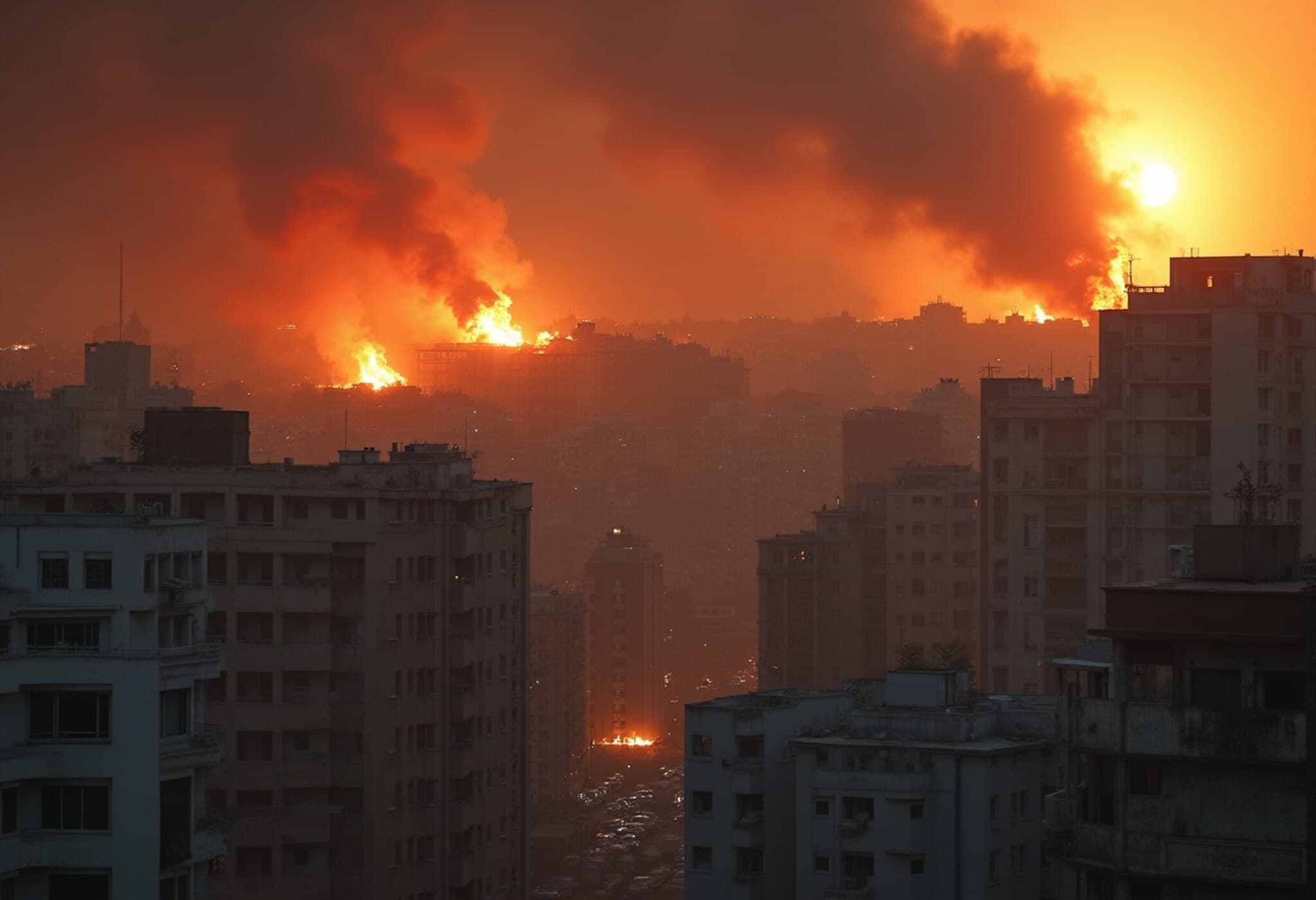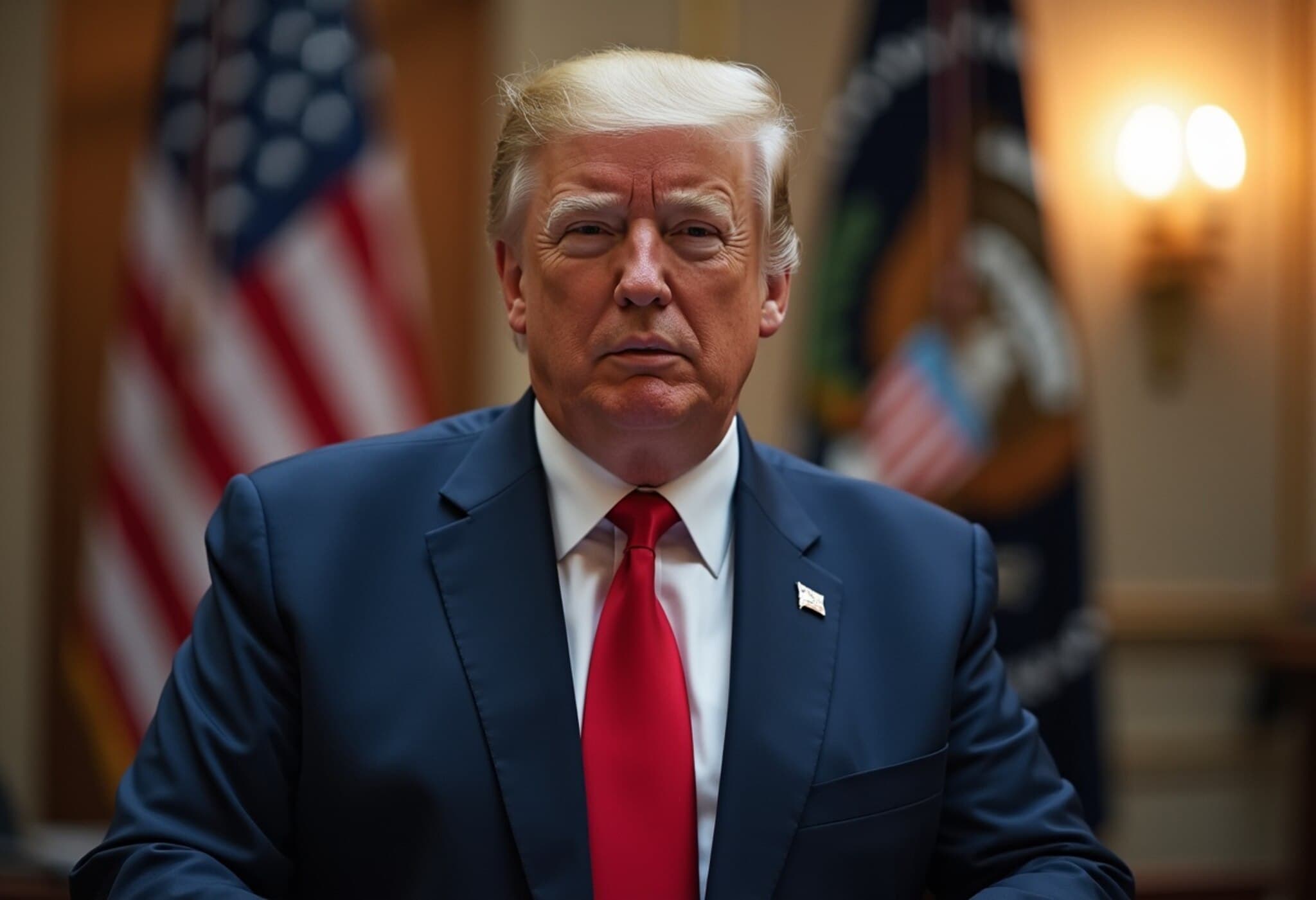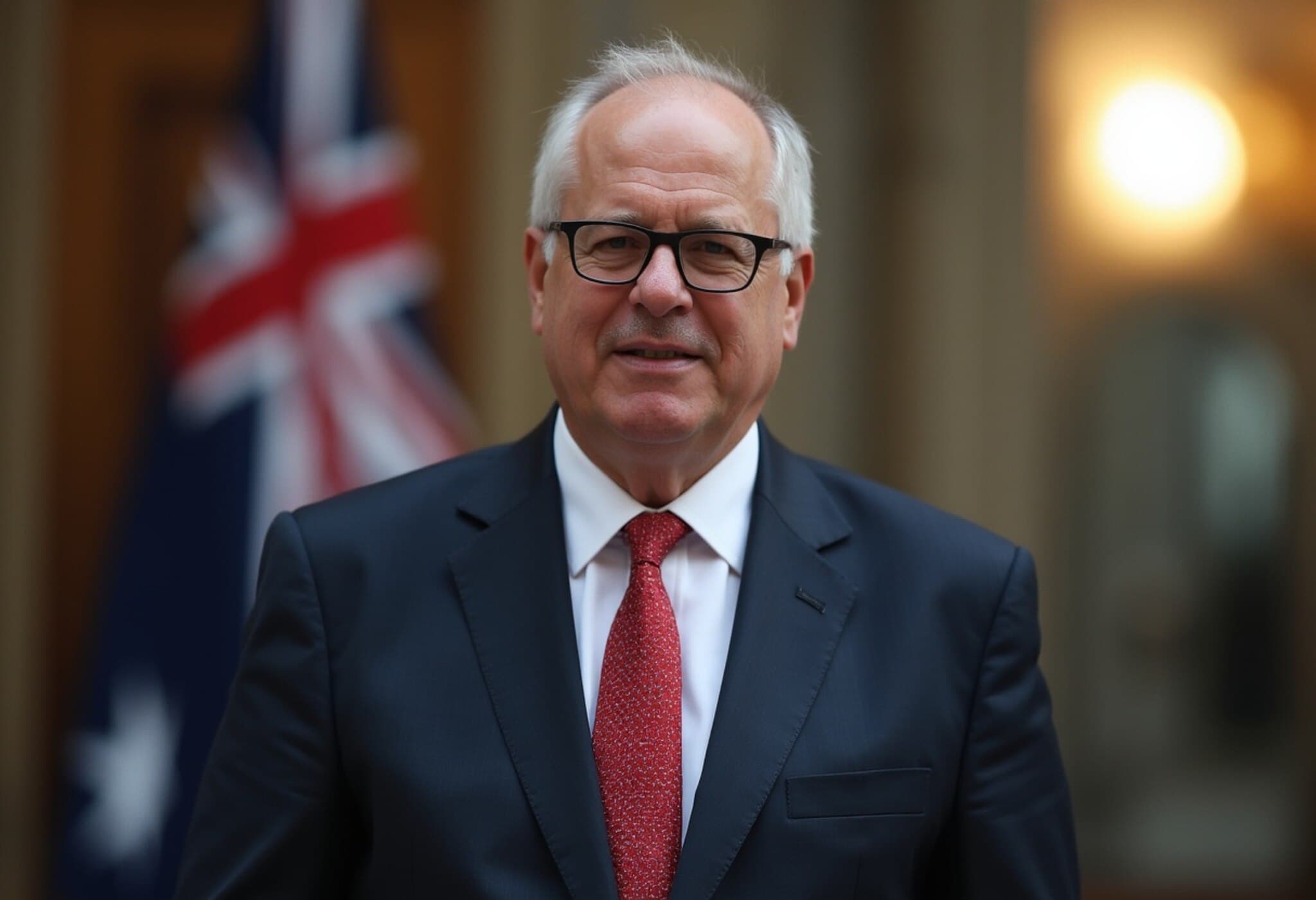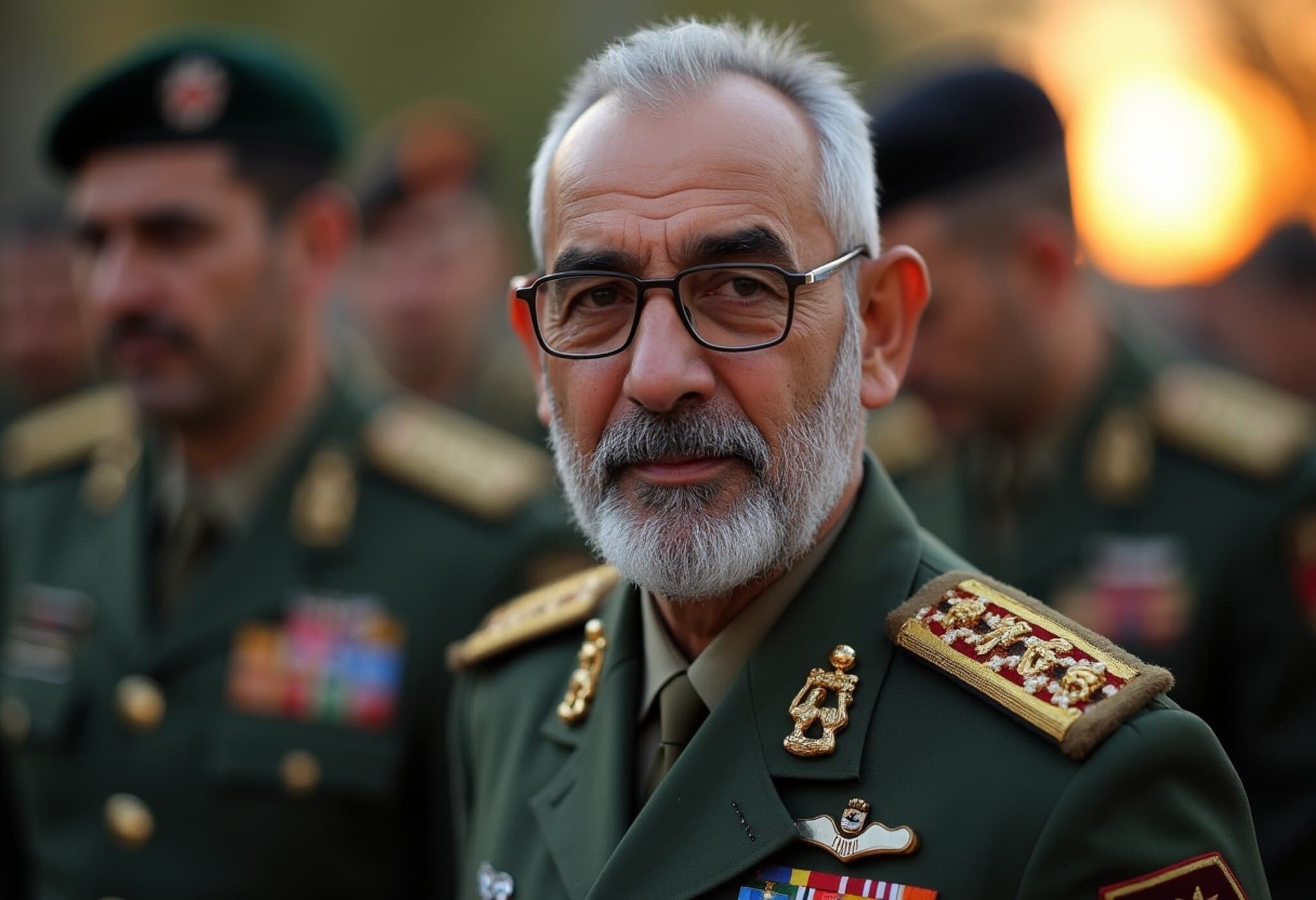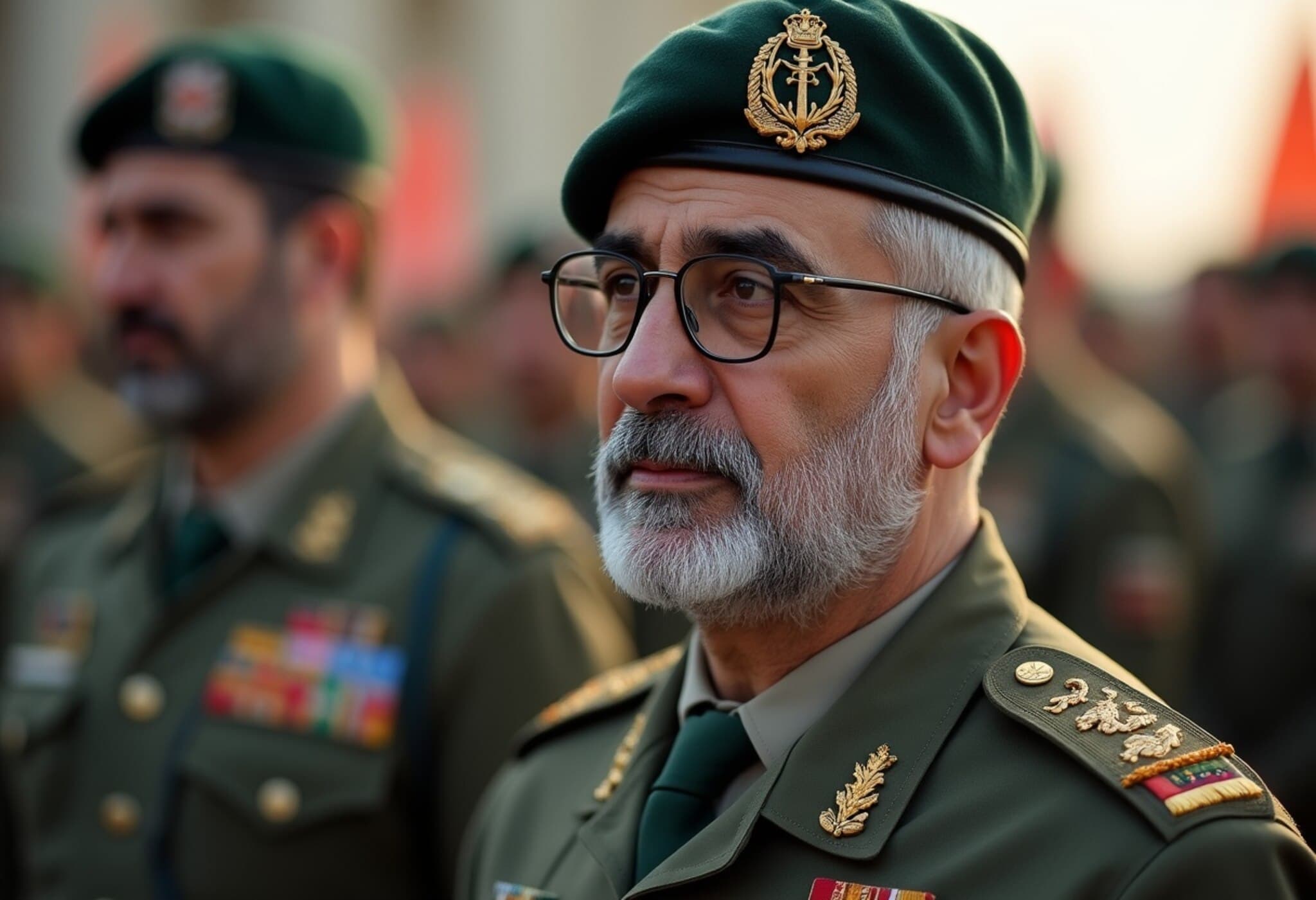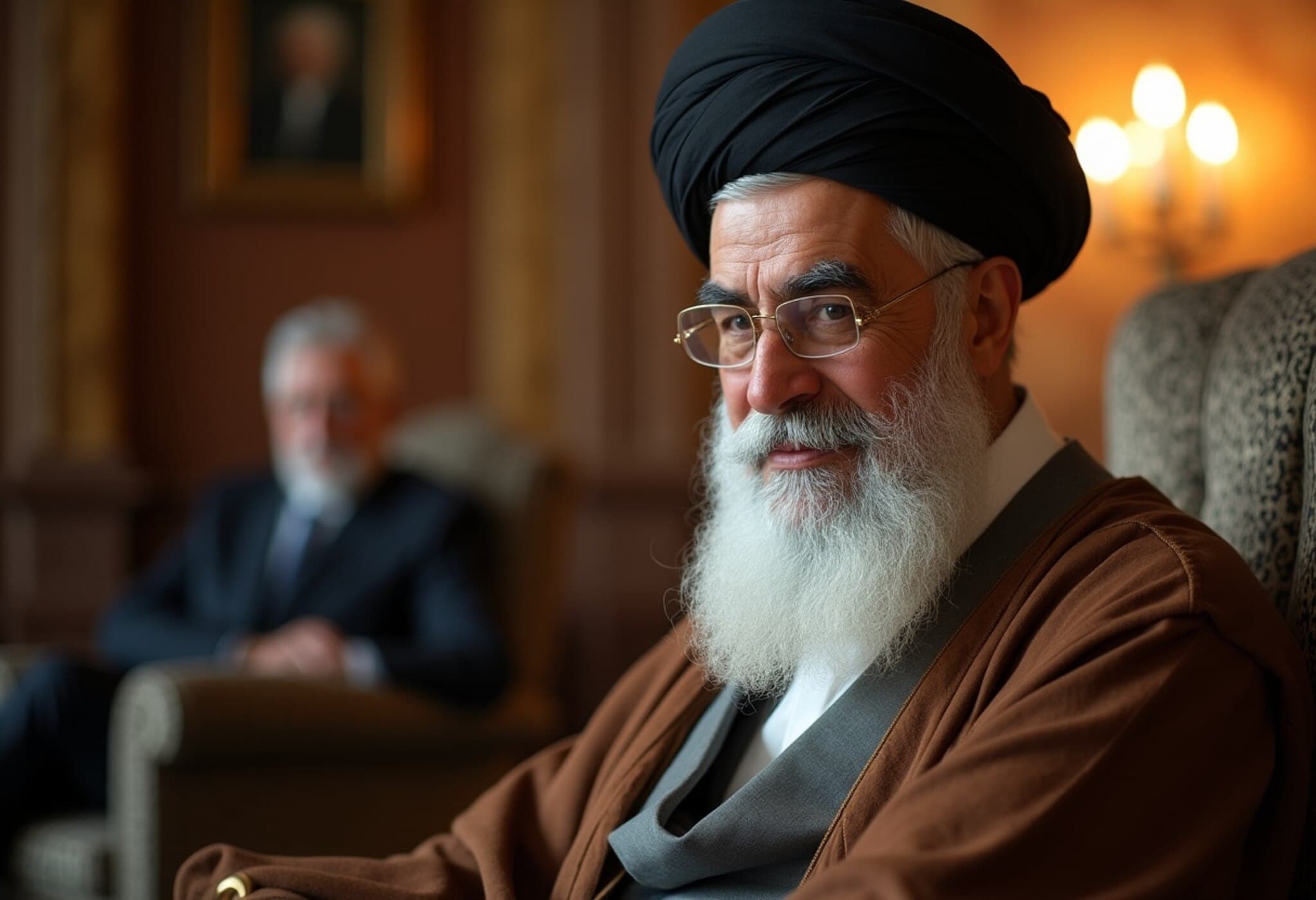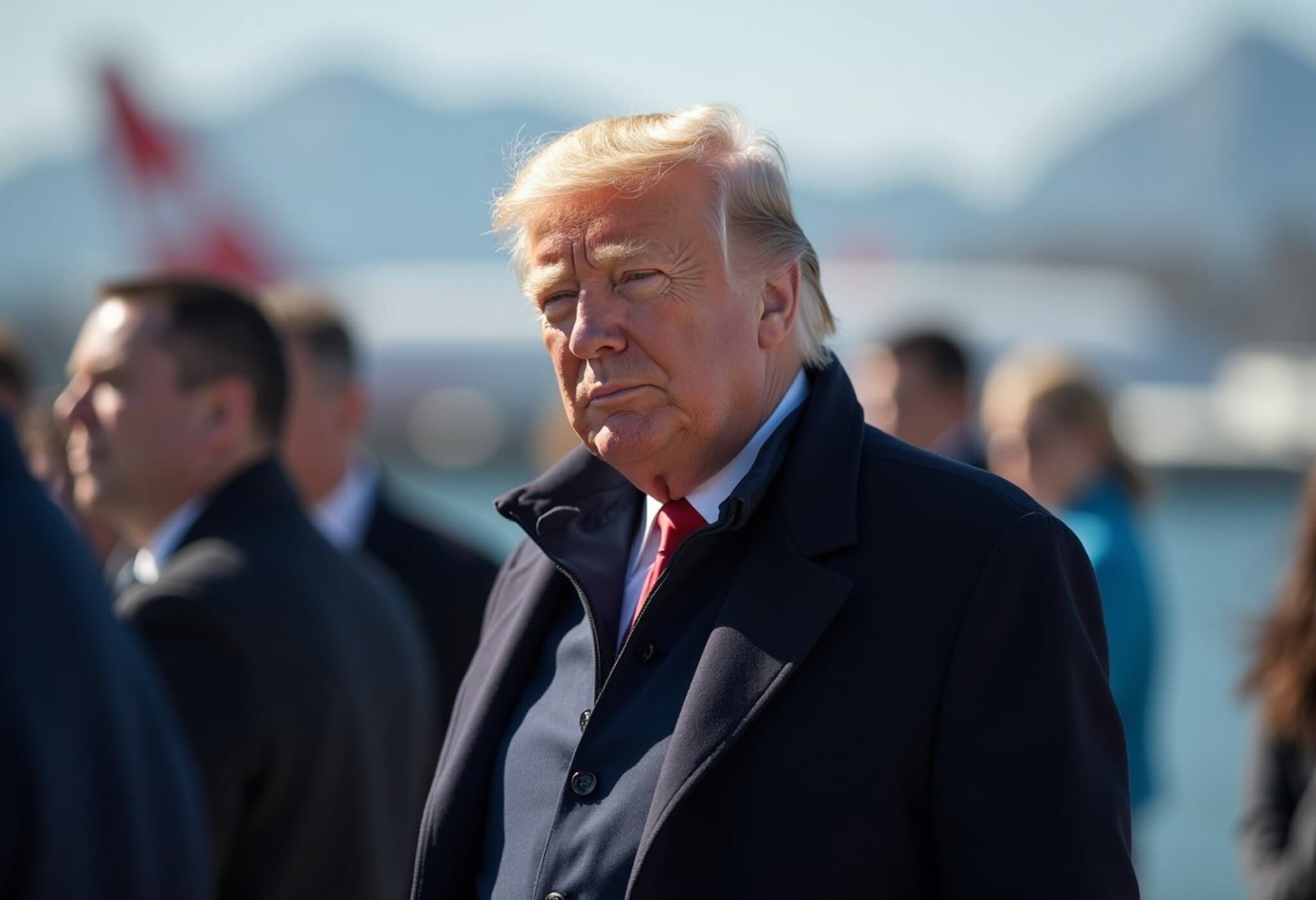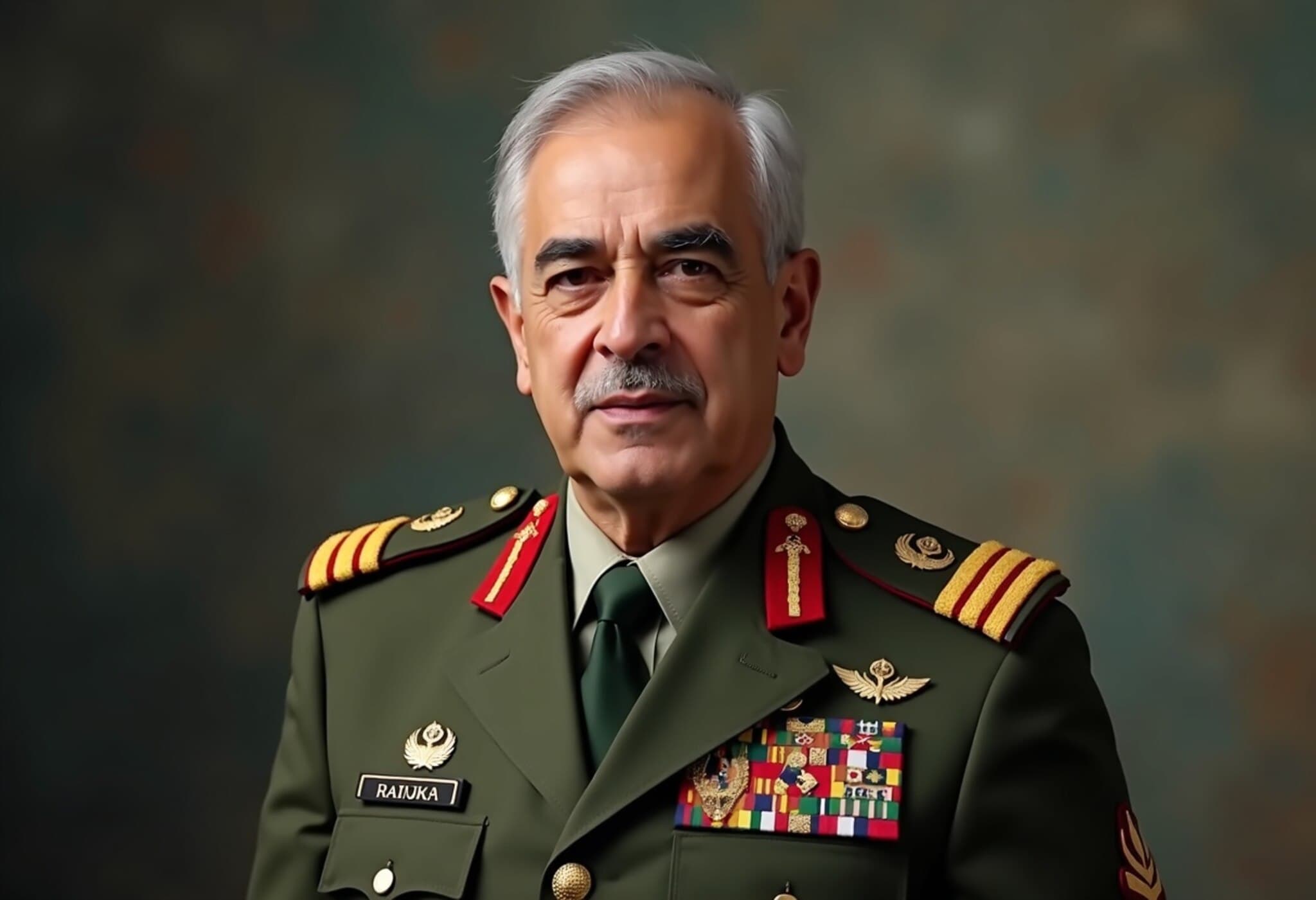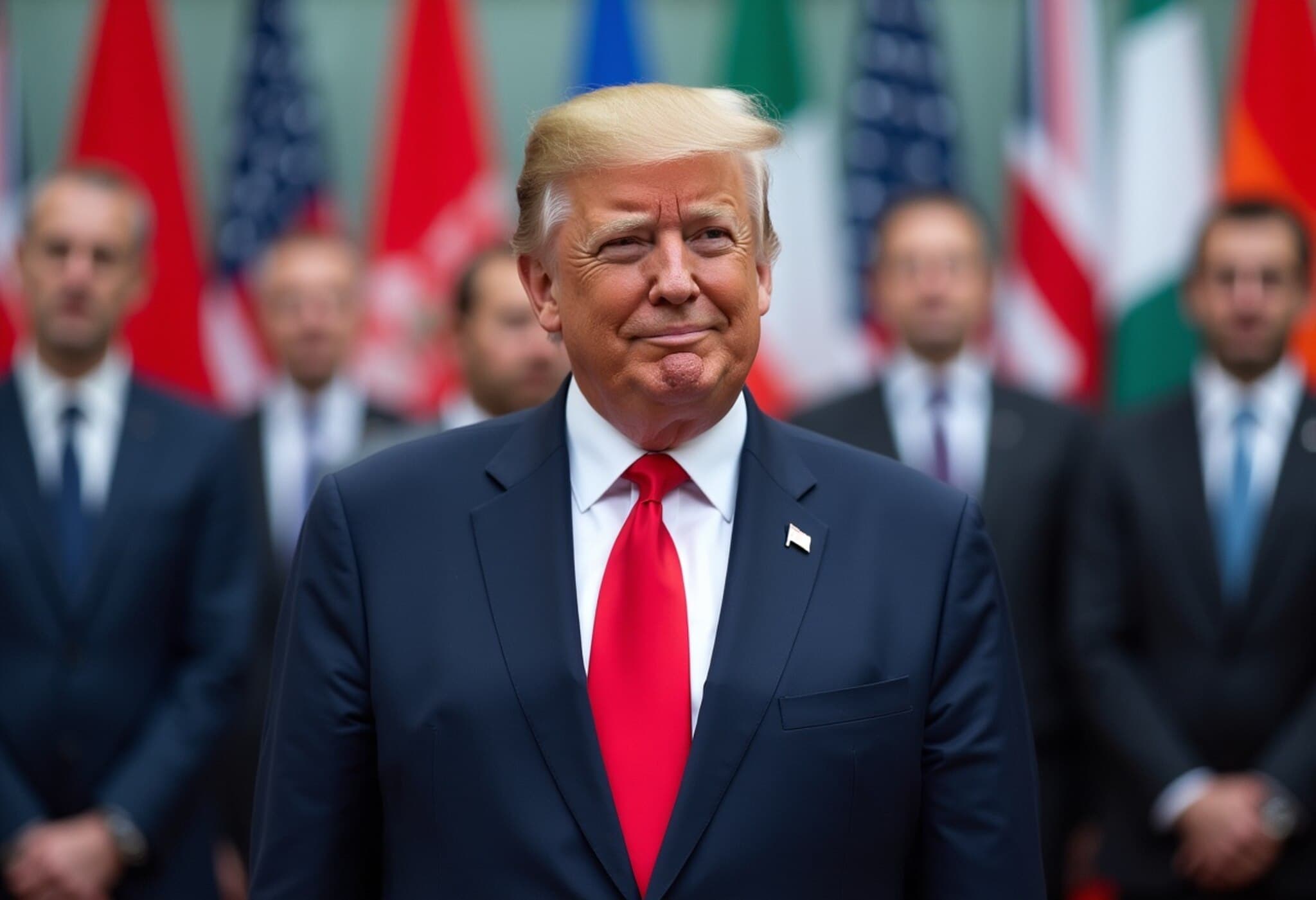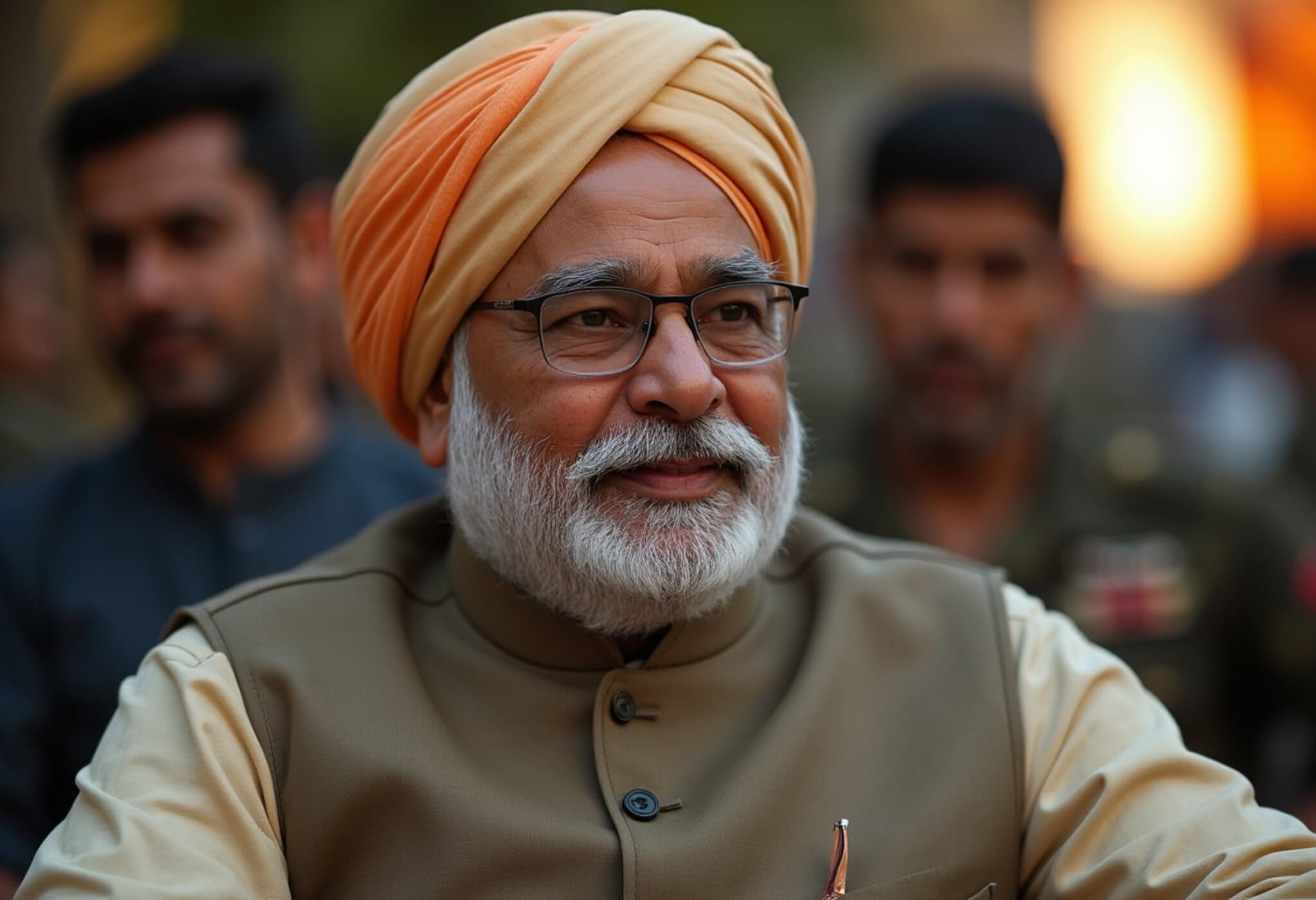Iran’s Silent Leadership Struggle: Where Is Ayatollah Khamenei?
The recent lull in cross-border tensions between Israel and Iran has left many wondering: where is Iran’s Supreme Leader, Ayatollah Ali Khamenei? Since the ceasefire brokered earlier this week, Khamenei's conspicuous absence from the public eye has sparked widespread concern and speculation throughout the country.
The Vanishing Act of Iran’s Supreme Leader
Away from the spotlight since the outbreak of hostilities when Israel launched a series of airstrikes targeting key Iranian military leadership, Khamenei has remained silent. His rare public statement earlier in the week touched on the United States’ involvement but offered no insight into his status or plans amid the ceasefire.
The silence resonates loudly in Iran, where citizens and officials alike crave reassurance. Questions circulated widely, including from a host of a state-run television program who voiced the worries of many Iranians by asking, "Can you please update us on the supreme leader’s condition?"
Security Concerns and Protective Measures
It is reported that two weeks ago, Khamenei retreated to a concealed bunker following intensified Israeli strikes that not only decimated parts of Iran’s military leadership but also injured close aides. Iranian officials, hesitant to provide clear details, stress that security around Khamenei remains stringent to prevent any assassination attempts, even during the fragile ceasefire.
Political analysts, including insiders from the Revolutionary Guard, suggest that fears of further attacks have resulted in limiting Khamenei’s outside communication, effectively isolating him for his protection.
Allegations of Mental and Physical Decline
Some reports claim the 86-year-old leader is battling significant mental and physical setbacks, triggered by the deaths of high-ranking Revolutionary Guard members, which has allegedly led decision-makers to sideline him during this critical period. Such a move implies a profound shift in Iran’s governance amid existential threats.
New Power Dynamics: Who’s Steering Iran?
With Khamenei reportedly out of the strategic loop, the reins of power seem to have passed to Iran’s military and intelligence chiefs, particularly those within the Islamic Revolutionary Guard Corps (IRGC) and the Supreme National Security Council. These bodies are now believed to be directing Iran’s responses, from countering Israeli strikes to maintaining internal security.
Adding to the complexity, Mojtaba Khamenei, the Supreme Leader’s son and possible successor, is rumored to have an influential role in these critical decisions, filling the vacuum left by his father’s absence.
Uncertainty Amid Silence
The Iranian government has refrained from offering any concrete updates on Khamenei’s health or leadership status, fueling speculation and unease. Meanwhile, the public and political observers watch closely, aware that Iran’s stability hangs delicately in the balance as power quietly shifts behind the scenes.

